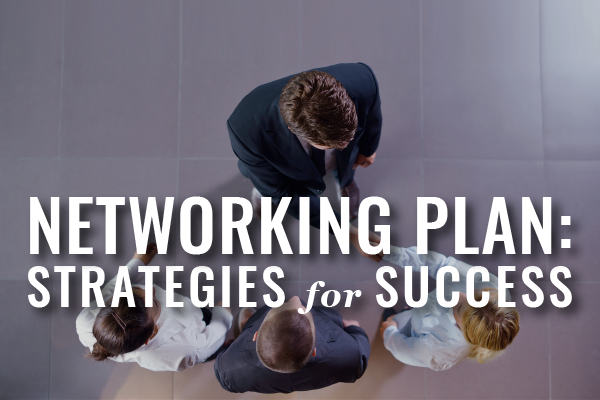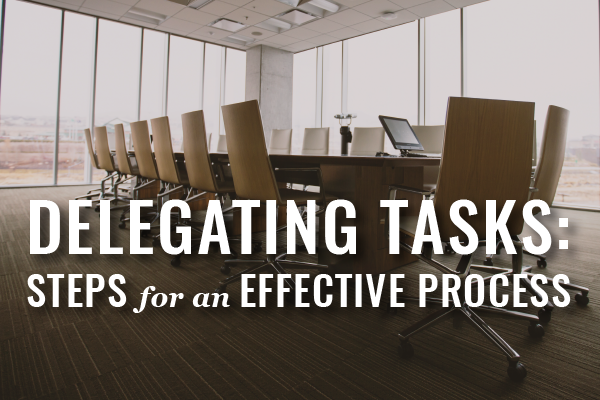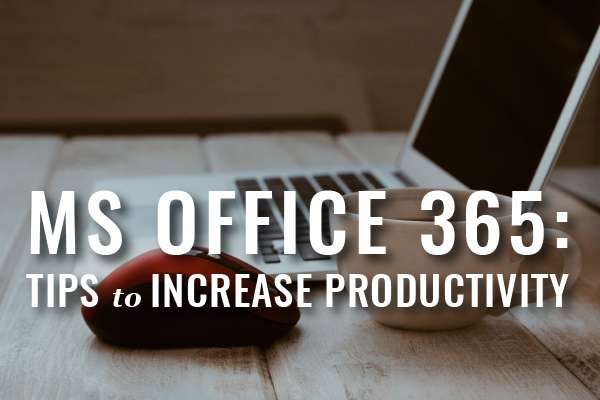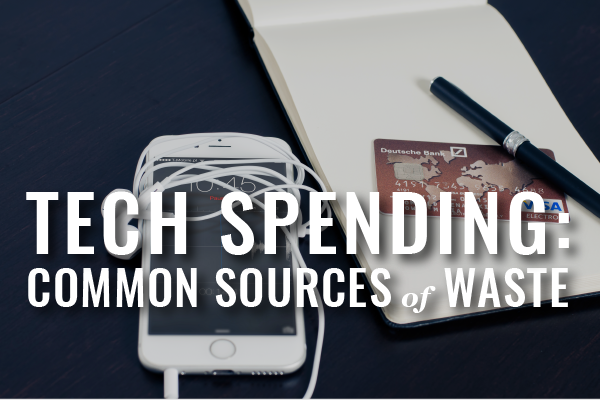October is ADHD Awareness month. Attention Deficit Hyperactivity Disorder (ADHD) is present in about 4-5% of adults. Those dealing with ADHD have a range of experiences, but many encounter difficulty concentrating at times, become overly focused on specific things at other times, struggle to complete work on time, have organizational issues, find it difficult to follow directions to their completion, and exhibit impulsivity. These (and other) symptoms have a real effect on professional functioning, personal relationships, and emotional well-being. And while most people talk about ADHD as a hurdle to overcome, there are also many people who look to the advantages of ADHD as tools for success. Here are a few such examples, a podcast and an article.






